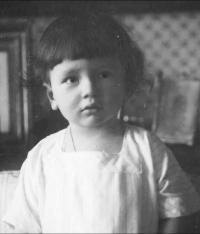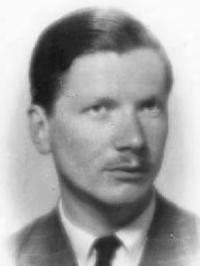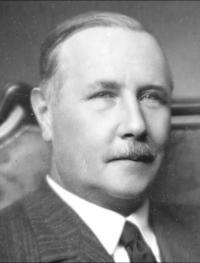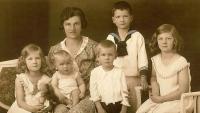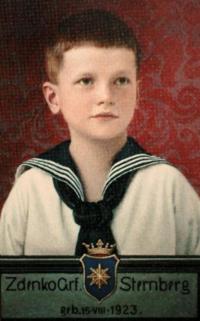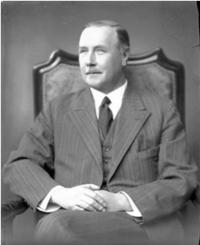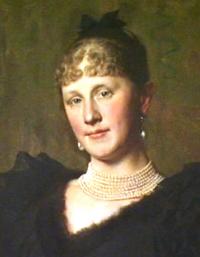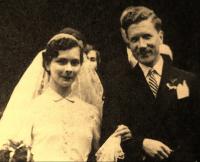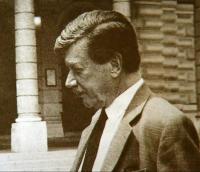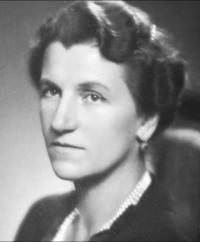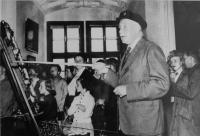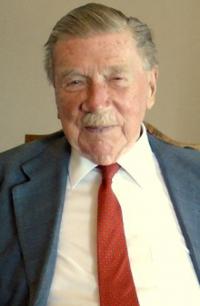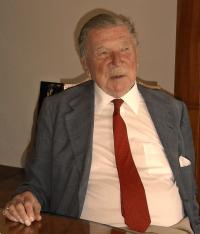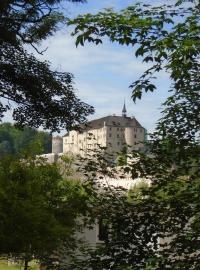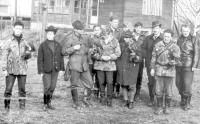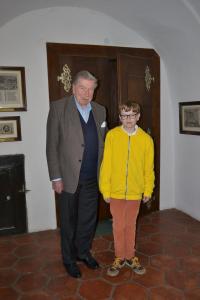The greatest gift from God is the ability to adapt

Download image
Czech nobleman and a descendant of an ancient family, count Zdeněk Sternberg, was born August 15, 1923 in Prague. Since his youth he was growing up in one of the oldest Czech castles Český Šternberk. After completing private education corresponding to the elementary and higher elementary school he began studying at the Archbishopric Grammar School and later at the Real-gymnasium School in Prague. In 1939 he witnessed the arrival of the German army to Prague and in 1942 the attack of the Gestapo against the paratroopers in the crypt of the Sts Cyril and Methodius Church in Resslova Street. After 1948 he took part in the march of students in support of the president Edvard Beneš. He was persecuted due to his family origin after 1948. Zdeněk was not allowed to graduate from university and instead of regular military service he had to serve in the Auxiliary Technical Battalions (PTP). He worked as a miner in coal mines in Ostrava and later as a stagehand in the Music Theatre in Prague-Karlín. In 1968 he emigrated with his family to Bavaria and he lived in Austria for twenty-one years. After 1989 he returned to his homeland and the castle Český Šterberk was returned to him in the restitution process. Zdeněk now lives there. He has been married since 1955 and he has son Filip.
